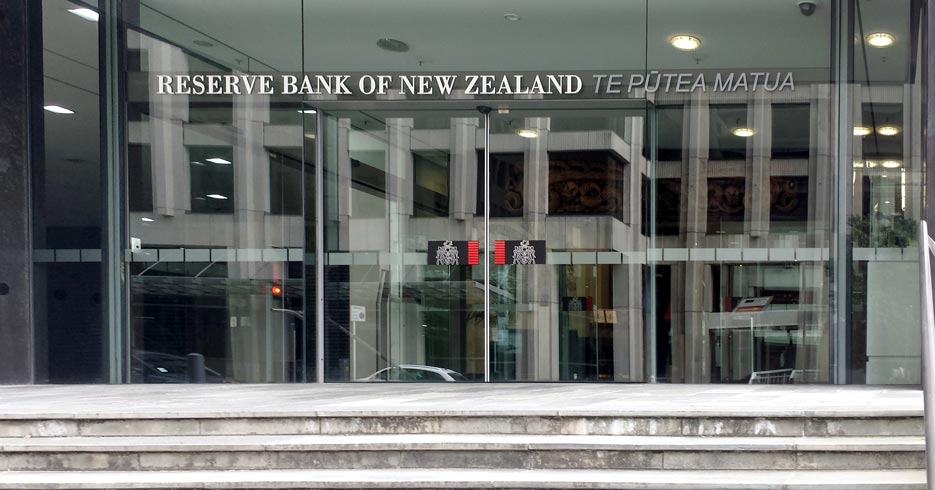Cash system participants and the wider public are being asked for their views about the Reserve Bank of New Zealand taking a more active role in the cash system.

A consultation paper has been released today as part of the Bank’s ongoing Future of Cash – Te Moni Anamata programme which is considering the implications for New Zealanders of falling cash use for every-day transactions, including the impacts on the system that supplies, moves and stores it.
Assistant Governor Christian Hawkesby says the Reserve Bank is just one cog in a cash system machine which includes the banking system, armoured truck companies, retailers, and independent ATM providers. “We see roles for all parts of the system – along with interest groups, whānau and individuals – in ensuring people who want or need to access or use cash can do so.”
The consultation paper proposes that the Reserve Bank take on a stewardship role in the cash system, providing system-wide oversight and coordination. It also proposes two tools which, though not currently required, may be needed in the future to respond flexibly to changes in the cash industry and the evolving needs of the public:
- The Reserve Bank be given the power to set standards for machines that process and dispense cash.
- The Reserve Bank Act set out regulation-making powers that enable the government and the Reserve Bank to require banks to provide access to cash deposits and withdrawals.
“These proposals are not the complete answer, but they would help create a foundation for the Reserve Bank to be more than the issuer of notes and coins when it comes to how we use cash which is an important component of our social and economic activity,” Mr Hawkesby says.
Mr Hawkesby says the Reserve Bank is grateful to the large numbers of individuals, groups, banks and other cash system providers, business and community organisations, and public sector agencies who are participating in the Future of Cash programme and sharing their views.
“Nearly 2400 individuals and groups gave feedback on our earlier issues paper discussing the potential impacts from a fall in cash use, particularly for people who are already financially or digitally excluded for whatever reasons. Meanwhile 3100 people randomly selected from the electoral roll have responded to a scientific survey updating our understanding of how New Zealanders are using cash and how this use is changing. We expect to publish results from both these efforts in November, and these will also feed into final recommendations in respect of the proposals released today.
”The changes in our latest consultation document would have significant consequences for all participants in the cash system. Banks, cash-in-transit providers, independent ATM operators, and the broader retail sector would likely be particularly affected. We want to continue to hear views and feedback from everyone about the purpose and desired attributes for the mechanics of the cash system, and how we could collectively improve it,” says Mr Hawkesby.
The paper is published on the The Future of the Cash System – Te Pūnaha Moni Anamata page, and feedback closes on 6 November 2019.

If it ain’t broke, don’t fix it!
Unless ‘the fix’ is to rig it.